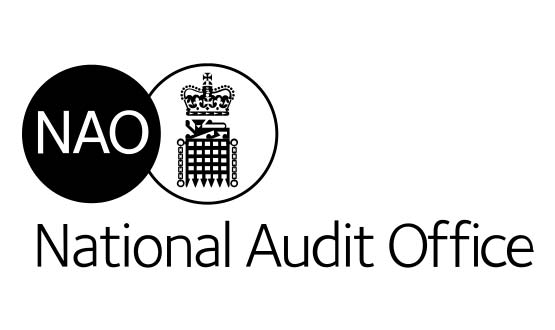The National Audit Office has named two trusts that “failed to record properly” the waiting times of more than half the patients examined following a spot check, leading to delays in treatment of up to a year.
In a report published today that urges NHS England, regulators and commissioners to do more to make sure that trusts are reporting waiting times accurately, the NAO says North West London Hospitals and Barnet and Chase Farm Hospitals NHS trusts had issues “mis-recording” data.
For the report, which looks at whether the 18-week referral to treatment time target introduced by the last government is delivering value for money, the NAO reviewed the waiting times for 650 orthopaedic patients at seven trusts.
It found that waiting times had been correctly recorded and supported by documented evidence in only one third of these cases (281), while there was insufficient evidence to say whether they had been correctly recorded or not in another third (202).
In 167 cases, the NAO found at least one error. Today’s report also says that North West London Hospitals NHS Trust found that it had failed to record properly the waiting times of 2,700 (60%) of its elective patients, and that 12 had waited more than a year for treatment.
Barnet and Chase Farm Hospitals NHS Trust identified that it had failed to monitor more than 2,000 patients on its waiting list, 651 of which were found to have waited between 18 weeks and a year for treatment.
These cases follow last year’s revelation that whistleblowers had alerted the Care Quality Commission to concerns that staff at Colchester Hospital University NHS Foundation Trust were under pressure to alter cancer waiting times.
Colchester is now subject to a number of investigations, including a criminal investigation by the police. However, the NAO report says there is a wider problem, which is that NHS England “does not have sufficient assurance about the performance of trusts.”
It argues that without independent validation it will continue to be impossible to “detect errors or misreporting of the type identified in this report” – or simply to make comparisons between trusts, which continue to interpret the rules in different ways.
In its recommendations, the watchdog says NHS England should, “consider whether greater consistency, accuracy and usefulness would be achieved if waiting times were recorded and reported in the same way by all trusts.”
It also says more test checks should be carried out on the data reported and that more fines should be imposed by commissioners if problems are uncovered.
Overall, the NAO concludes that the 18-week target, which was introduced in 2008, has worked in that the NHS as a whole has managed to meet it. However, it says that the increasing financial pressure on the health service, caused by and coupled with increasing demand, is putting performance under pressure.
Median waiting times are now rising, and last year 58 trusts breached the 18-week standard in at least one of 12 months. The NAO says the NHS now faces “systemic challenges” in continuing to deliver on the 18-week wait, but says these could be eased if trusts adopted best practice.
It also urges the NHS to make more use of the its £365m investment in Choose and Book System, estimating that a further £51m could be saved if the system was used to book all hospital appointments, and to take further action on ‘did not attends’, which it estimates cost the NHS £225m a year.
The CCIO Leaders Network is calling for chief clinical information officers to be appointed across the NHS to do more to secure the quality and accuracy of health service information.
Its new Vision and 12-point plan says the appointment of a CCIO is one way for an organisation to show its commitment to information quality, and that quality assurance of information should underpin financial incentive schemes.

